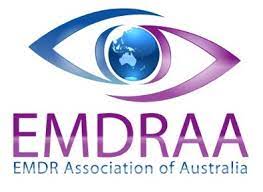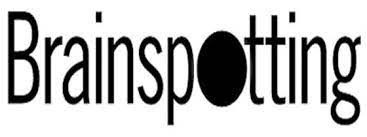Australian Counselling Association (ACA#8312), Australian Association of Clinical Hypnotherapy and Psychotherapy (AACHP#2003094), EMDR Association of Australia (EMDRAA#1001198), Psychotherapy and Counselling Federation of Australia (PACFA Reg.Clinical#30404)





Arcadia, Ardmona, Ballendella, Bonn, Bunbartha, Burnewang, Byrneside, Carag Carag, Colbinabbin, Cooma, Coomboona, Corop, Deakin, Dhurringile, Echuca, Elmore, Fairy Dell, Gillieston, Girgarre, Girgarre East, Harston, Kanyapella, Kialla, Kotupna, Koyuga, Kyabram, Kyabram South, Kyvalley, Lancaster, Merrigum, Moama, Moora, Mooroopna, Mooroopna North, Murchison, Murchison North, Nanneella, Rochester, Rushworth, Shepparton, Shepparton North, Stanhope, Stanhope South, St. Germains, Strathallan, Tallygaroopna, Tatura, Tatura East, Timmering, Tongala, Toolamba, Toolamba West, Undera, Waranga, Waranga Shores, Wyuna, Wyuna East, Yambuna, Zeerust.